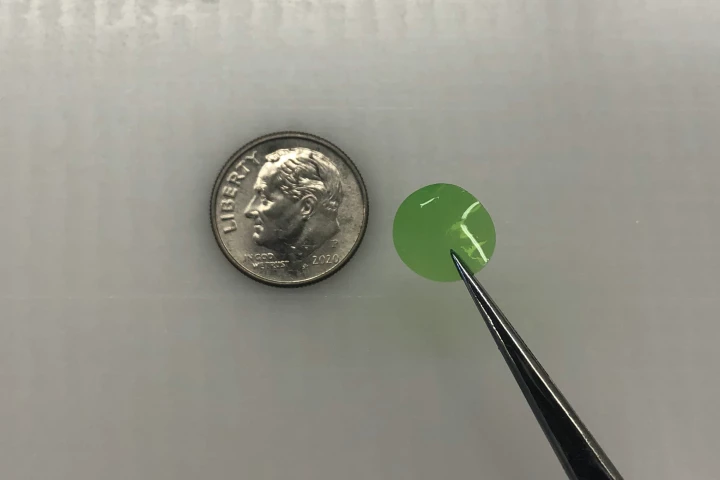Tufts University
-
Smoking is no good for your teeth, that is well-known. But what about vaping? New research from Tufts University suggests using e-cigarettes may not be that much better, finding an association between increased risk for cavities and vaping.
-
Researchers have created a new mRNA vaccine for cancer that’s designed to carry its cargo to the lymph nodes rather than the liver. Tests in mice showed significant inhibition of the tumors, with complete remission in a decent percentage of cases.
-
A common type of oral bacteria associated with periodontal disease has been linked to neuroinflammation and the progression of Alzheimer’s disease. The research builds on a prior evidence linking poor oral health with dementia and neurodegeneration.
-
When treating patients for certain conditions, it's important to monitor their blood oxygen levels. A new sub-dermal photosensitive sensor provides a new means of doing so, plus it could one day be used to measure other blood-borne substances.
-
By studying the eating habits of the bacterium that causes Lyme disease, a team of scientists has pinpointed a new mechanism that could be used for early diagnosis of the condition, and potentially prevent its worst effects.
-
Animals like axolotls can regrow fully functional replacements for lost limbs. In a breakthrough new study, scientists have demonstrated how one dose of a drug cocktail can regrow lost limbs in frogs that don’t normally have regenerative abilities.
-
As useful a material as leather is, it isn’t too environmentally friendly. Now, engineers at Tufts University have created a new leather-like material out of silk, which can be 3D printed into shape and easily recycled into new products as needed.
-
While there already are body movement-tracking systems, many incorporate cumbersome wearables, or require the person to move about in front of cameras. A new technology, however, gets the job done simply using threads placed flat against the skin.
-
Researchers have engineered bovine cells to produce lab-grown beef containing a plant nutrient that is converted into vitamin A in the human body. The researchers suggest lab-grown meats could be engineered to convey a broad assortment of health benefits.
-
A new particle that borrows chemical passports from neurotransmitters to slip through the blood-brain barrier could open up new avenues of treatment, with the technique showing promise as a way of tackling Alzheimer’s and other conditions.
-
New evidence is adding weight to the link between Alzheimer’s disease and the common herpes virus. A study using a 3D bioengineered brain model demonstrates how a herpes infection can induce a number of Alzheimer’s features, including amyloid plaques.
-
The line between robots and living organisms is beginning to blur. Researchers at the University of Vermont and Tufts University have now essentially created new creatures from frog cells, complete with programmable behaviors.
Load More











